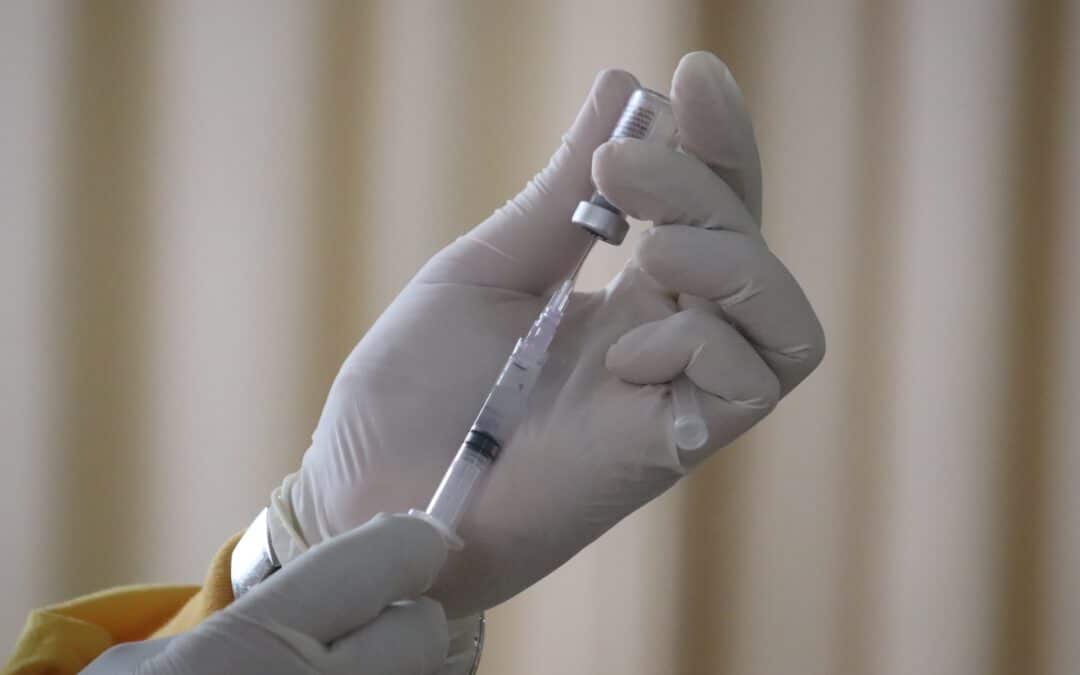Feline Immunodeficiency Virus (FIV) is a retrovirus that is similar to HIV in humans. Once a cat tests positive, they will have the disease for the rest of their life. FIV can only be transmitted through deep bite wounds and mating. It mainly affects outdoor cats and feral cats—especially those who squabble easily. However, it is not a highly contagious disease. Cats that have FIV can live safely with cats that don’t.
Since the disease rarely affects housecats and is not highly contagious, it is no longer considered a core vaccine, nor is it available in the U.S. In this post, we’ll explore the reasons behind this change, and discuss ways to reduce your cat’s risk of FIV.
Why the FIV Vaccination Is No Longer Used
Here are a few reasons why FIV immunization is no longer a core vaccine:
- The vaccination led to false positives for FIV.
- More cats live their lives indoors, so there is significantly less risk of infection.
- The FIV vaccination only offered limited protection against the virus, and needed frequent boosters to stay effective.
- The FIV vaccination contains adjuvants, which stimulate the immune system. This can increase the risk of sarcoma, a type of cancer that causes tumors.
- There are other ways to reduce your cat’s risk of FIV.
How to Reduce Your Cat’s Risk of FIV
While the FIV vaccine may no longer be a core recommendation, there are still practical steps you can take to minimize your cat’s risk of contracting the virus. Although it is not highly contagious, FIV can be spread between cats through deep bite wounds and mating. Follow these tips to reduce your cat’s risk of FIV:
- Keep them indoors.
- Screen for FIV before introducing a new cat to your other cats.
- If you have an outdoor cat, be sure to check for bites frequently.
Why Vaccinations Are Important for All Cats
Protecting your cat is important, and vaccinations can help prevent many illnesses that could otherwise cost your cat their life. Vaccines take deadly diseases and turn them into manageable cases, keeping your pet on this side of the rainbow bridge a little longer.
Just like they do in humans, vaccinations help your cat build antibodies to fight specific diseases. Vaccines can help your cat fight off diseases without suffering any symptoms. In other cases, they can make recovery faster or make treatments more effective.
Veterinary Care Is Always Evolving
As keeping pets becomes more and more popular, so does the science behind veterinary medicine. With more researchers performing studies and more people taking an active role in their pet’s health, there is constantly new information about how to best keep pets safe and healthy. Your veterinarian should be keeping up with the times.
Here at East Valley Animal Hospital, we do exactly that. Along with staying up to date on all new information that regards your pet’s health, our facility is also constantly evolving. We work hard to ensure your furry friend has access to the best treatments and technology available.
We offer wellness checkups, vaccinations, dental care, and more at our modern pet hospital. Contact us today to make an appointment.
Images used under creative commons license – commercial use (8/21/23). Photo by Mufid Majnun on Unsplash.

